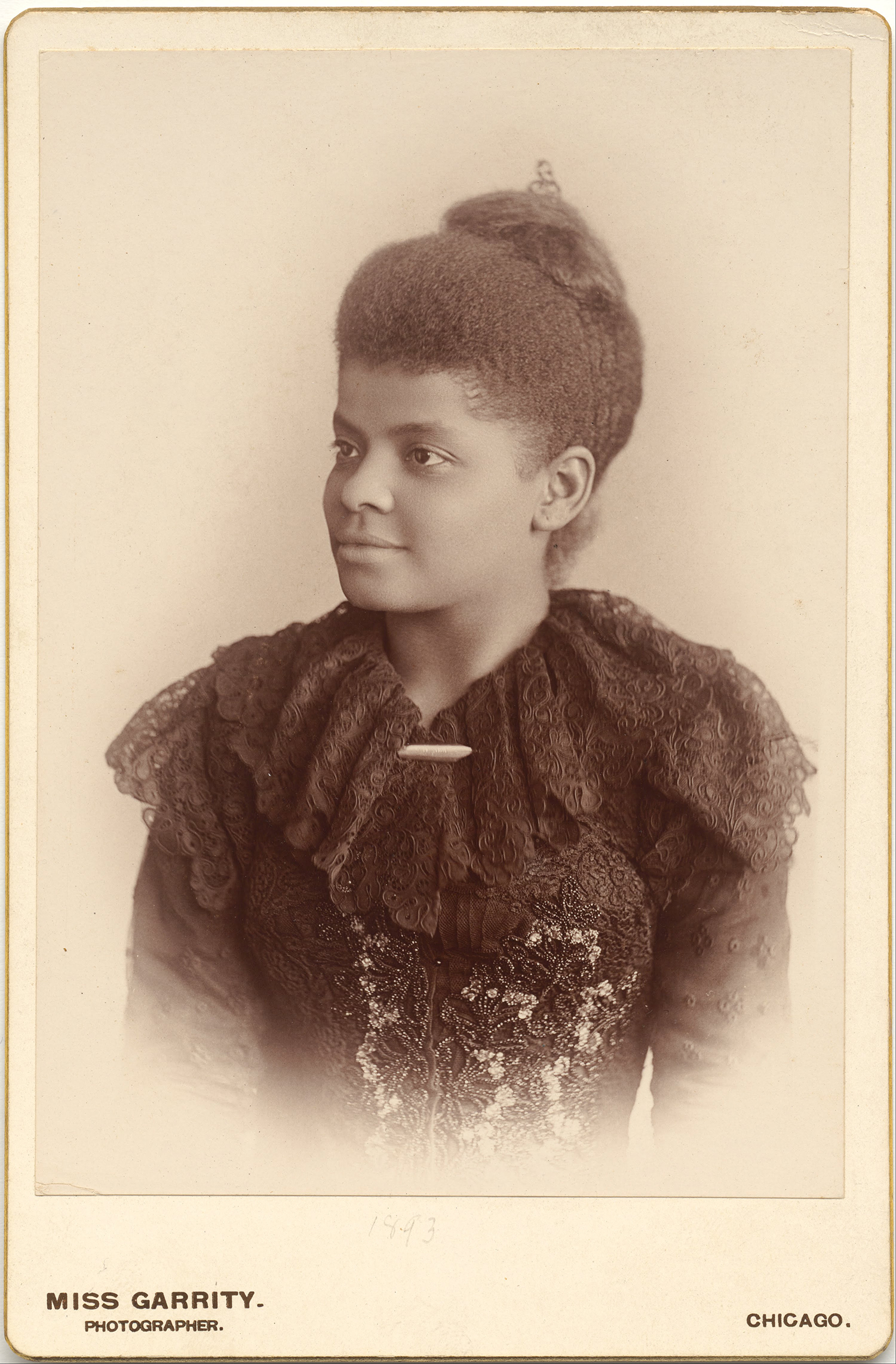Wells-Barnett, Ida Bell (1862-1931), was an American journalist and reformer. She was known chiefly for her campaign against the lynching of African Americans during the late 1800’s and early 1900’s. Many African Americans were lynched without even a trial after being accused of a crime, and others were lynched for no apparent reason at all. Wells-Barnett worked to expose such killings and to establish laws against lynching.

Ida B. Wells was born a slave in Holly Springs, Mississippi, on July 16, 1862. She moved to Memphis in 1884. In 1889, she became part-owner and a reporter for Free Speech, a Memphis newspaper. In 1892, after three of her friends were hanged in Memphis, she began to investigate lynchings and other violence against African Americans. Her work led to the founding of many antilynching organizations. Later in 1892, with the financial contributions of African American women from New York City, Wells published an influential pamphlet, Southern Horrors: Lynch Law in All Its Phases.
Wells moved to Chicago in 1894. The next year, she married Ferdinand L. Barnett, a lawyer and journalist. The couple had four children. In 1909, Wells-Barnett helped found the National Association for the Advancement of Colored People (NAACP) . She also took part in the campaign to give women the right to vote. In 1928, she began an autobiography, which was unfinished at the time of her death. The book, Crusade for Justice, was later edited by her daughter Alfreda M. Duster and published in 1970. In 1930, Wells-Barnett became the first African American woman to run for the Illinois state Senate. Her campaign, however, was unsuccessful.
Wells-Barnett died in Chicago on March 25, 1931. Following her death, her legacy was honored in numerous ways, including the issuance of a commemorative U.S. postage stamp in 1990. Her Chicago residence, the Ida B. Wells-Barnett House, became a National Historic Landmark in 1974. The Ida B. Wells Homes, a public housing project on the South Side of Chicago, stood from the 1940’s to the early 2010’s. In 2020, Wells-Barnett was awarded a special citation by the Pulitzer Prize board for her “outstanding and courageous reporting” during the era of lynching.
